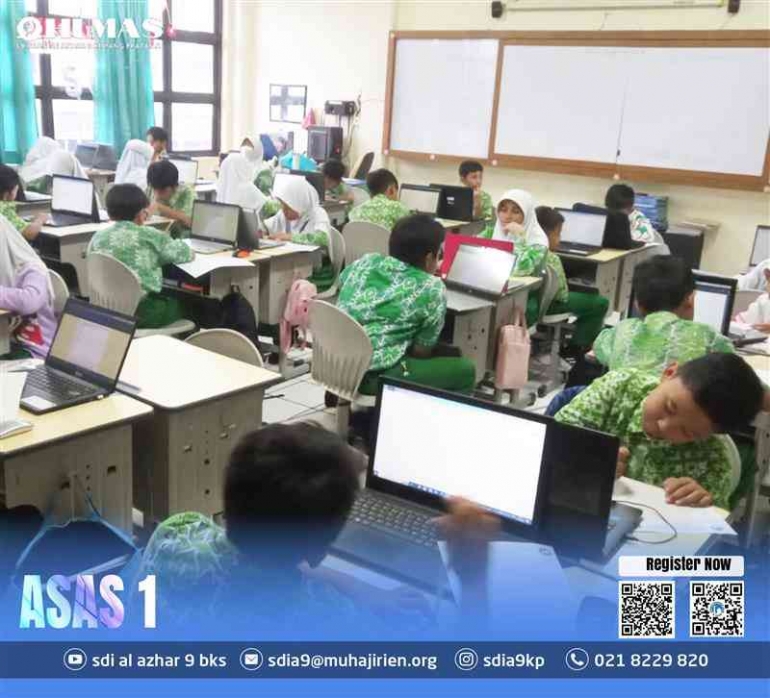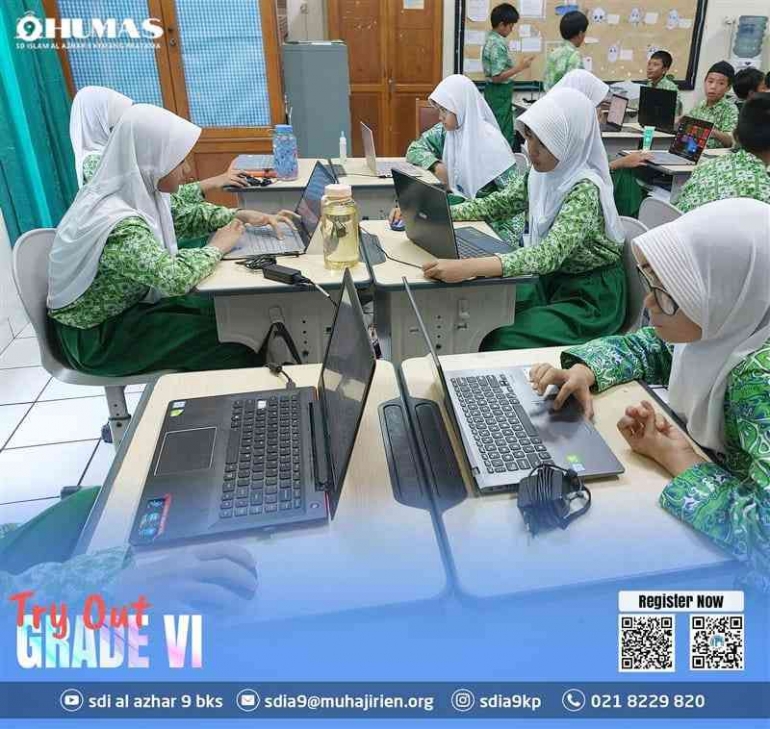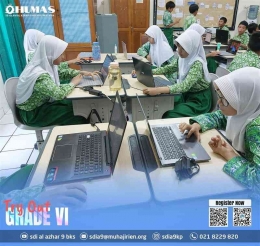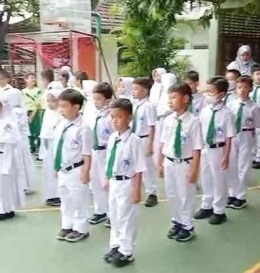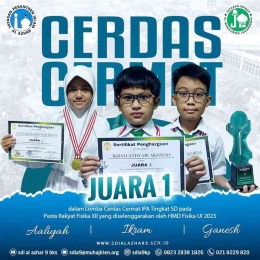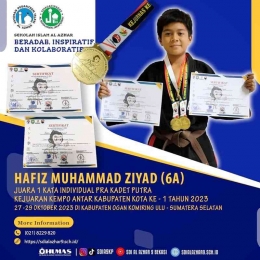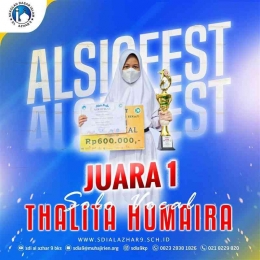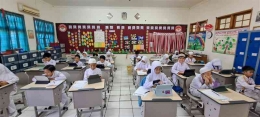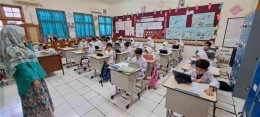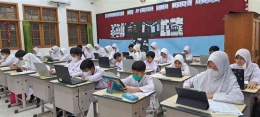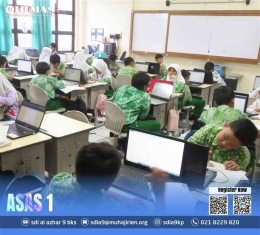By. Muhammad Eko Purwanto
Along with the rapid development of information and communication technology, the use of digital resources in education has become increasingly important in producing resilient and intelligent generations in the future. One of the foundations actively involved in utilizing this technology in education is the Al Muhajirien Jakapermai Wakaf Foundation. This foundation has 10 (ten) Al Azhar Islamic schools spread across the Jakapermai, Kemang Pratama, and Grand Wisata regions. The foundation is committed to developing learning methods and quality through the utilization of digital resources as an effort to develop learning innovation.
Several references related to learning innovation from education experts can be referred to to understand the definition of learning innovation based on their research and experience in education. First, according to Michael Fullan in his book "The New Meaning of Educational Change" (Routledge, 2001). He states, "Learning innovation is the use of new understanding of how people learn in formal and informal education processes to create more effective and meaningful learning experiences."
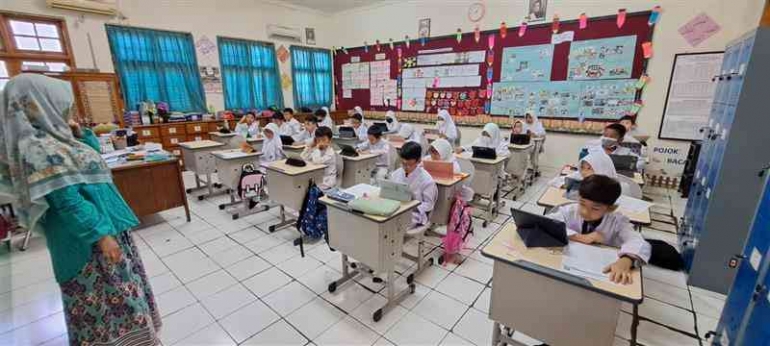
Then, David Thornburg, in his book "Campfires in Cyberspace: Primordial Metaphors for Learning in the 21st Century" (Thornburg Center for Space Exploration, 2007), asserts, "Learning innovation is the integration of technology, learning methods, and classroom design so that learners can actively participate in the learning process and build deep understanding." Furthermore, according to Roger Schank in his book "Virtual Learning: A Revolutionary Approach to Building a Highly Skilled Workforce" (McGraw-Hill, 1997), he says, "Learning innovation is designing learning experiences that are relevant to the real world, involving learners in authentic problem-solving, and facilitating collaborative learning."
Furthermore, according to Christensen, C. M., Horn, M. B., & Johnson, C. W. in their book "Disrupting Class: How Disruptive Innovation Will Change the Way the World Learns" (McGraw-Hill, 2008), they state, "Learning Innovation is creating newer and more affordable learning models and creating more engaged learning experiences that allow learners to develop skills that are relevant to the workforce and daily life."
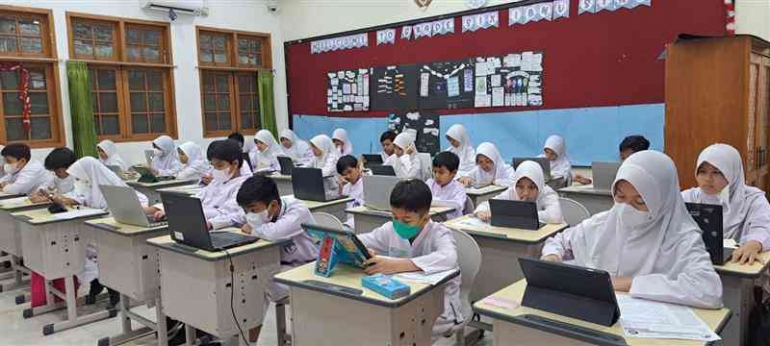
Along with the understanding of Education Innovation mentioned above and the rapid development of information and communication technology, digital resources in education have become an urgent necessity. In this digital era, schools must be able to provide reliable digital resources to maximize students' learning process. One school that has successfully implemented this is the Al Azhar Islamic School, located in the Jakapermai, Kemang Pratama, and Grand Wisata regions.
These Al Azhar Islamic schools have long been known as schools that uphold the quality of education and provide the best service to their students. Using reliable digital resources, these schools can provide more exciting and interactive learning experiences for their students. One of the digital resources owned by the Al Azhar Islamic schools in the Jakapermai, Kemang Pratama, and Grand Wisata regions is the Smartboard. Smartboard is a digital tool that is an electronic whiteboard equipped with touchscreen features. Using the Smartboard, teachers can easily present teaching materials with exciting images and videos and explain them more clearly to the students.
